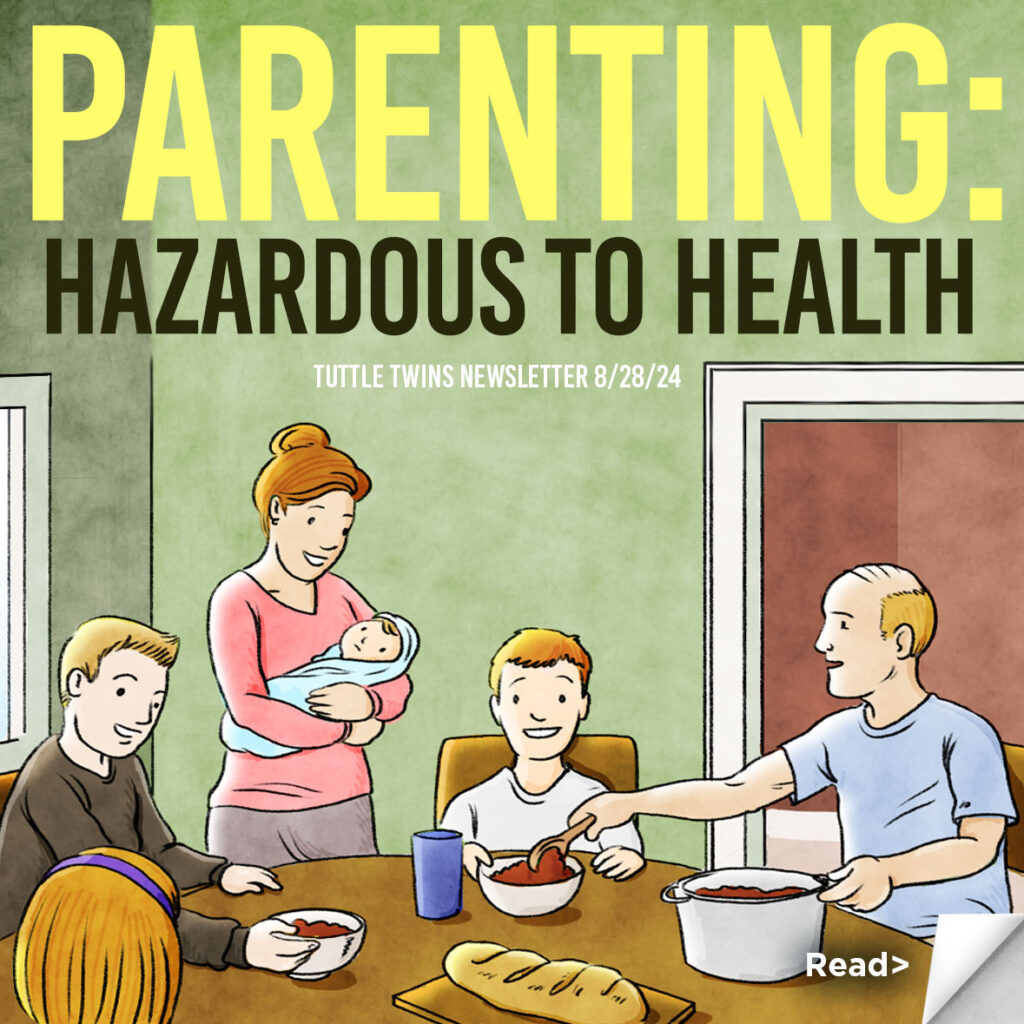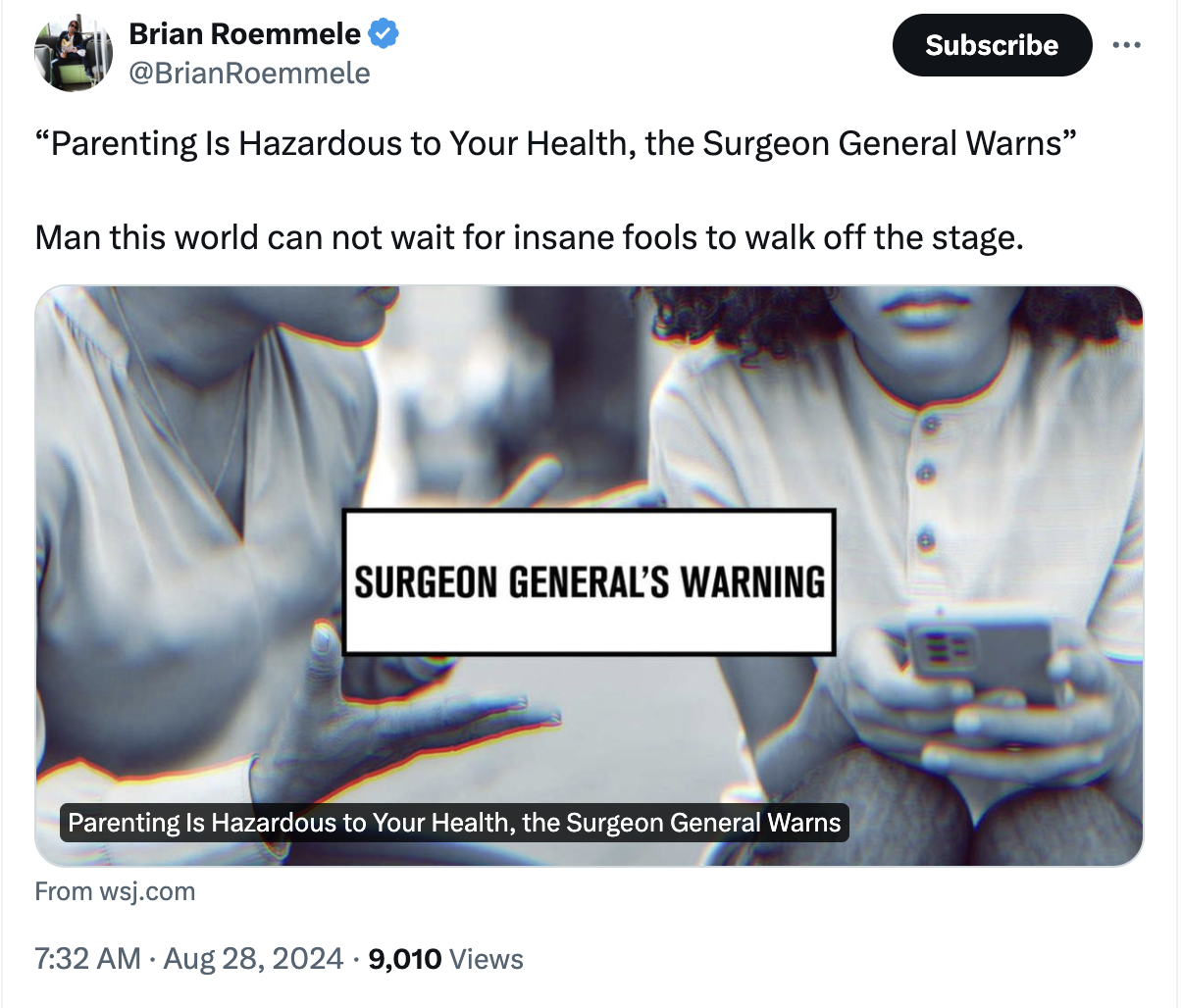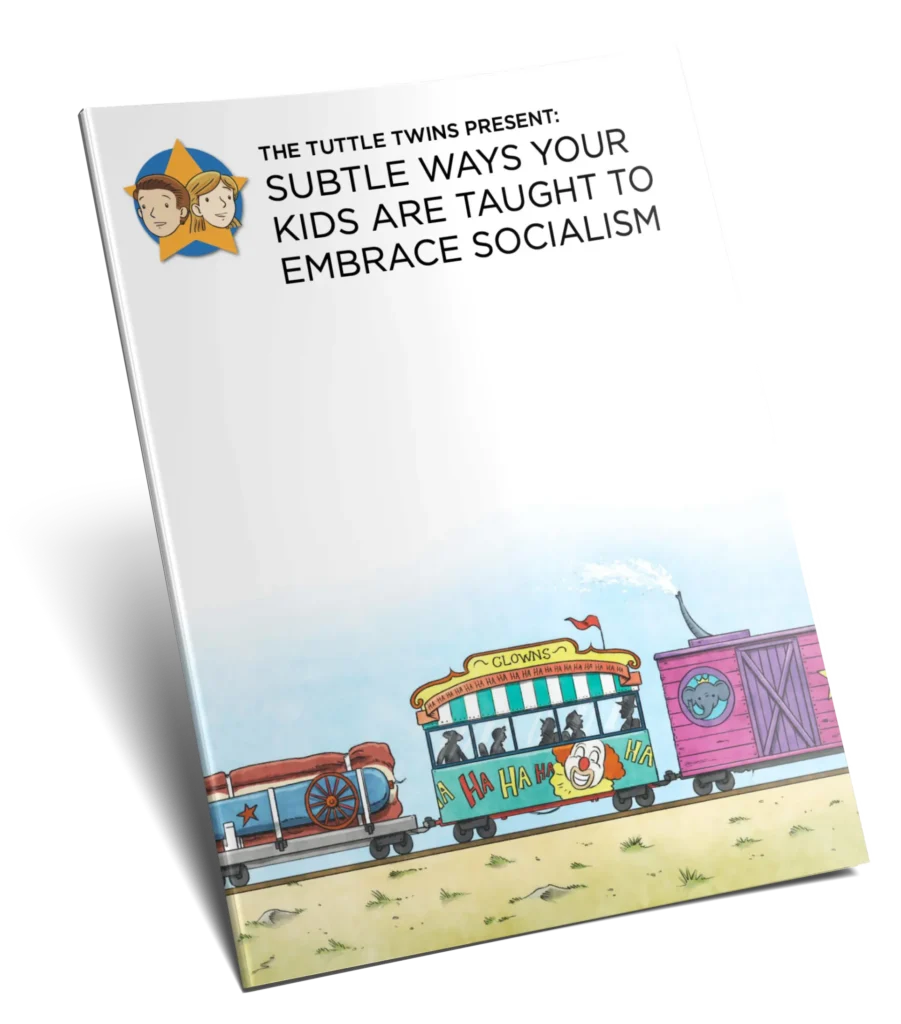
How is this for a headline?
“Parenting Is Hazardous to Your Health, the Surgeon General Warns”
According to Dr. Murthy, parents today are more stressed, overwhelmed, and isolated than ever before. He says that 41% of parents say their stress levels are so high they can barely function, and nearly half feel their stress is completely overwhelming.
Parenting, the expert says, is causing serious harm to our health and well-being.
Of course there’s an obvious flaw in this conclusion.
Parenting itself isn’t the enemy; it’s the way we are parenting that is hazardous to our health.

Look around—most kids spend the majority of their waking hours away from home, surrounded by teachers, coaches, and peers who, let’s be honest, often have values that don’t align with ours.
From the time they’re tiny, our children are pushed into the arms of anyone but us.
The state, the media, the so-called ‘experts’—they all want a piece of our parenting pie, and all we’re left with are the crumbs.
Murthy talks about parents struggling with guilt and shame, feeling trapped in a cycle of stress. I believe that’s true, but I also believe it’s because we’ve been sidelined from our most important role.
Parenting is hard, no doubt about it, but when you’re actively involved—when you’re the one guiding your kids, teaching them values, and being there in those everyday moments—it’s also deeply fulfilling.
The real stress comes from feeling powerless, from knowing that others are stepping into your role.
We’ve seen the consequences of generations of outsourced parenting.
Kids are more anxious, more depressed, and more lost than ever. They’re looking for guidance, and when we’re not there, they find it somewhere else. And the “somewhere else” is almost always not good.
Of course the government solution is to say we need more policies and programs to “support” parents—things like affordable childcare and mental health resources, and more taxpayer funded “stuff”.
Shocker.
What we really need is to reclaim our position as the primary influence in our kids lives.
Dr. Murthy calls raising kids a “sacred work,” and I couldn’t agree more. He says that cultural norms need to shift to support parents, and I agree again. But we disagree on what that shift looks like.
I say, why not start by changing the norm that says parents need to hand off their kids to others to raise?
What if, instead of pushing for more daycare and government programs, we encouraged more time at home, more conversations around the dinner table, more opportunities for parents to teach and connect with their kids?
At The Tuttle Twins, we’ve made it our mission to empower parents to take back that most important—that most sacred—role.
Our books and curriculum are tools for parents to spark meaningful conversations with their kids about freedom, responsibility, and the values that matter most. We want to help parents be the main voice in their kids’ lives; not just one of many competing for their attention.
If parenting feels like a struggle, that’s okay. It’s supposed to be hard! All the most meaningful things are. But we can’t lose sight of the fact that it’s also so worth it.
There’s no greater calling, no more important work, than raising the next generation—even when it comes with sleepless nights and stressful days.
Isn’t that a small price to pay for the shaping of an entire human being?
We have to push back against the narrative that says parenting is the problem. The real issue is that we’ve built a society that is very comfortable telling parents to step aside while the “experts” raise their kids. And we have whole generations of parents who have simply gone along.
Now, we have a whole population of miserable parents, and miserable kids.
It simply isn’t working.
The truth is that you need your kids, and your kids need you, and no one else can fill those roles or replicate those relationships.
I know that you’re the kind of parent who shows up, even when it’s tough. Your influence matters more than you know.
You’re doing better than you think you are.
— Connor
P.S. Need some help making better connections with your kids? Check out these 13 Questions to Level-Up Your Family Dinner Conversations—they’re designed to bring families closer together as they talk about the world around them. And of course, parents are front and center. Right where they belong.

